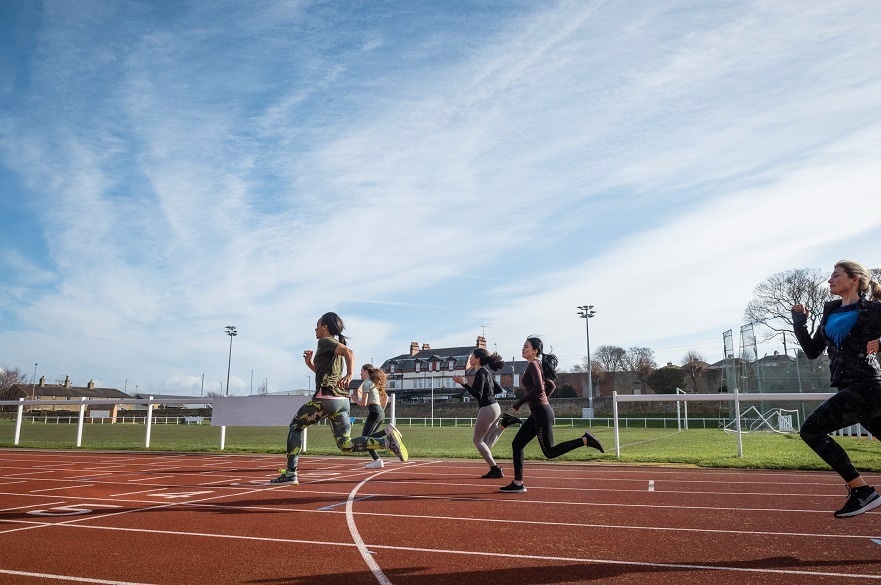Fitter pupils’ cognition was up to 20% better across a range of tasks compared to their less-fit peers, a study showed.
Sports scientists at Nottingham Trent University found that on average the fittest youngsters aged 12-13 showed better attention, perception, memory and higher-level decision making and complex thinking when challenged.
As part of the study, the team was aiming to understand how a one-hour PE lesson – specifically football – might help to improve pupils’ performance in the classroom.
Using a series of cognitive tests before and after PE, the researchers found that working memory – the retention of small amounts of information – improved by about ten percent in pupils who spent more time performing moderate to vigorous activity.
During the study, however, they also observed that irrespective of the PE lesson the fittest children – measured by the distance covered during a shuttle running test on a separate day – showed superior ability overall across all of the cognitive function tests.
Their performance in attention, perception, memory and executive function tasks was on average between ten and 20 percent greater than their less-fit peers, achieving accuracy with faster response times.
The tests – undertaken by 76 pupils – measured concentration, the retention and detection of information, higher-level decision making and complex thinking, which the researchers argue are all crucial for the classroom.
We found that fitter children performed particularly well across a range of measures considered important for academic achievement and performance in school,”
Lead Researcher Luke Gilbert, Nottingham Trent University’s School of Science and Technology.
He said: “Our study demonstrates the importance of fitness in young people. Furthermore, as PE is the only opportunity for many young people to undertake moderate-to-vigorous physical activity and develop their fitness, it further highlights the value and importance of PE.”
This was the first study to look specifically at how a PE lesson might affect cognition, which is important considering that cognition affects the ability to learn and perform at school.
The time allocated for PE in schools is sometimes reduced in favour of more academic subjects and this could be counterproductive for enhancing the achievement of pupils.
While evidence shows physical activity positively affects cognitive function in young people, we know that the intensity, duration and type of activity are very important. For future work we’d like to understand more about how different types of PE might affect cognition, along with how PE could be optimised in terms of the potential cognitive benefits.”
Dr Simon Cooper, Researcher Nottingham Trent University
Source:
Journal reference:
Gilbert, L. M., et al. (2023) Effects of a games-based physical education lesson on cognitive function in adolescents. Frontiers in Psychology. doi.org/10.3389/fpsyg.2023.1098861.
